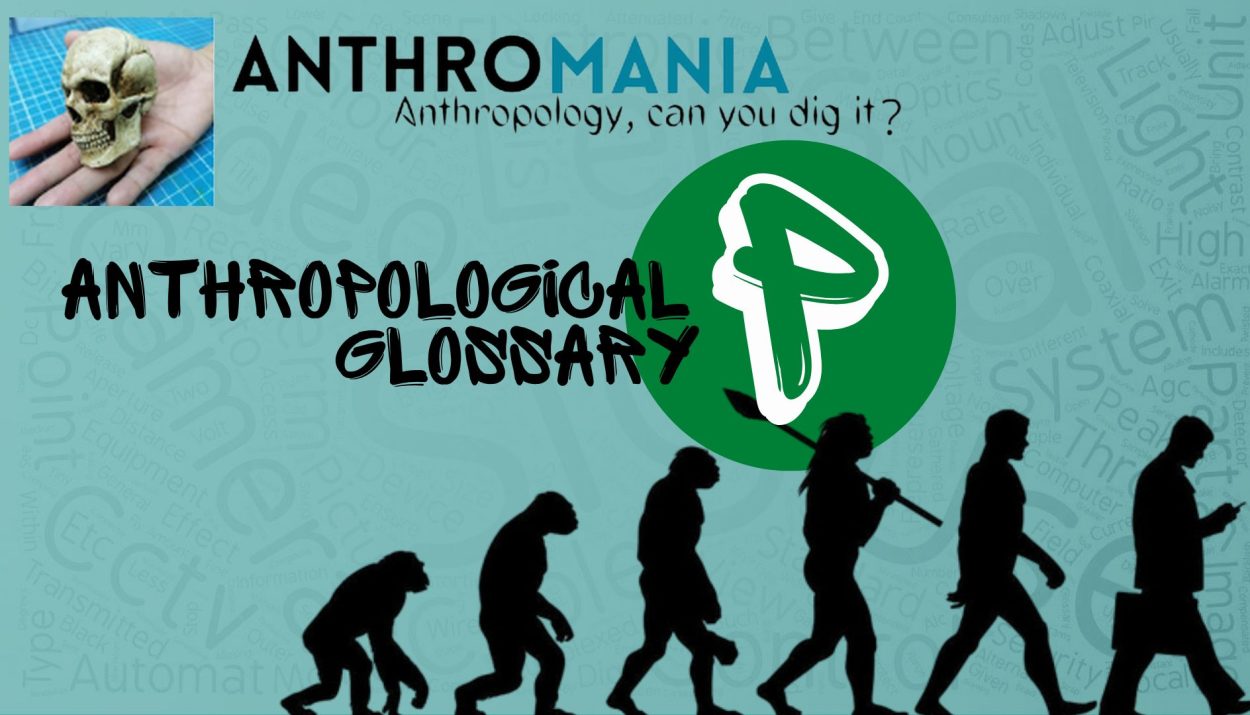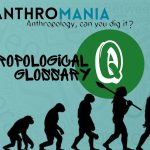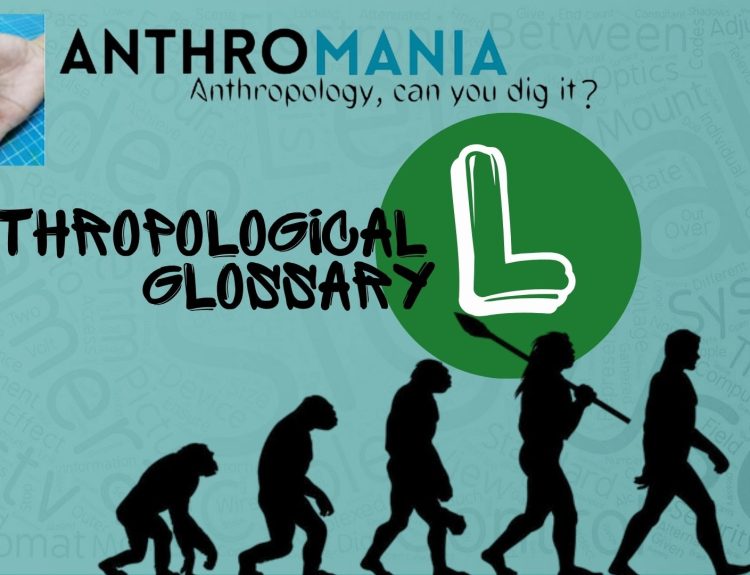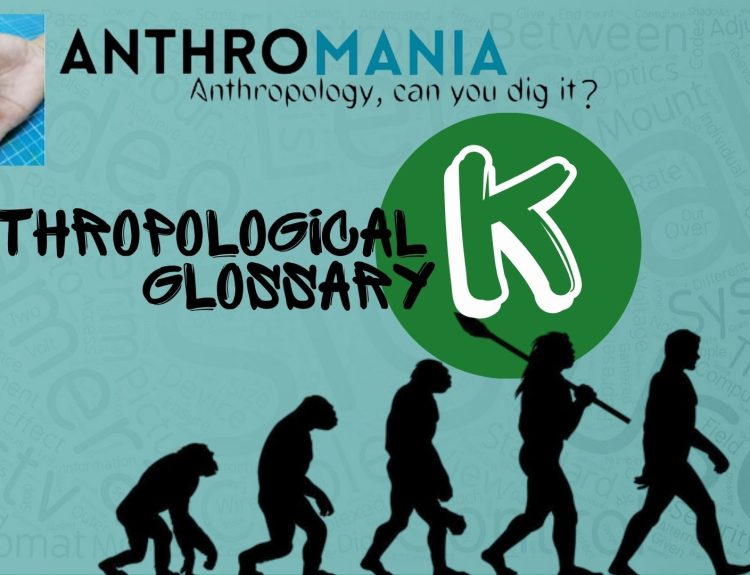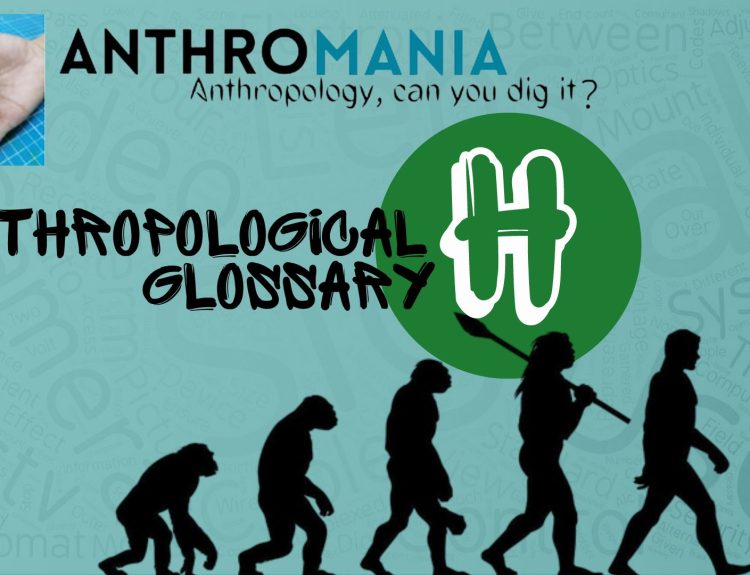Explore a comprehensive glossary of anthropological terms starting with the letter “P,” covering concepts from participant observation to polysemy, and gain insights into the diverse field of anthropology.
Palaeolithic: The early part of the Stone Age, was characterized by the use of simple stone tools and hunting and gathering as the primary means of subsistence.
Palaeontology: The scientific study of prehistoric life and the history of Earth through the examination of fossils. This field provides valuable insights into Earth’s history and the evolution of life.
Paleoanthropology: The subfield of anthropology that focuses on the study of human evolution and the ancient ancestors of modern humans through the examination of fossilized remains and archaeological evidence.
Read- Introduction to Paleoanthropology
Parochialization: Downward devolution from great to little tradition. For example, now people are following Yoga, Ayurveda etc.
Partible Inheritance: A form of inheritance where property, wealth, or social status is divided among heirs, rather than being passed on to a single heir.
Participant Observation: A research method in anthropology where the researcher actively engages in and observes the daily activities and lives of the people being studied.
Patriarchy: A social system where men hold primary power and dominant roles in political leadership, economic control, and social authority. It often leads to the subordination of women, reinforcing gender inequalities and traditional gender roles.
Patrilineal: A kinship system in which descent and inheritance are traced through the male line.
Patrilocal: Patrilocal or Virilocal refers to a post-marital residence pattern where a newly married couple resides with or near the husband’s family, often in the husband’s father’s household.
Patronage: A social or economic system in which individuals or groups with greater resources provide support and protection to those with less power or resources.
Peasant society: A rural community largely engaged in subsistence agriculture. It typically features a hierarchical social structure, with peasants working the land and a land-owning elite.
Peer pressure: The influence exerted by a person’s social group, typically peers of similar age or status, to conform to their attitudes, behaviours, or values.
Permineralization: The most common process of fossilization that occurs when the animal dies and its remains sink to the ground.
Petrification (‘petro’ means stone): The process where mineralization hardens the bone and converts it into stone.
Phratry: A larger social group surpassing a clan in size. In Hindi, “phratry” translates to “brotherhood.” These groups often comprise several clans, emphasizing broader kinship ties and cooperation among related families within a community, fostering a sense of unity and collective identity.
Physical Anthropology: Also known as Biological Anthropology, is the study of the nature of the human organism. It deals with the evolution of man and their living and fossil relatives.
Pilgrimage: A journey, often religious or spiritual in nature, to a sacred or significant place, undertaken by individuals or groups for reasons of faith, tradition, or personal transformation.
Plural Society: A concept used to describe societies where multiple ethnic, religious, or cultural groups coexist, often maintaining distinct social and economic structures.
Political Anthropology: A fascinating sub-field of anthropology that explores the intricate relationship between politics, governance and culture in human societies.
Political Economy: The study of the relationships between economic systems, politics, and social organization, often examining how economic factors influence power and social structures.
Political Organization: Structures and systems through which societies manage power, make decisions and regulate political activities.
Polyandry: A marital system in which a woman may have multiple husbands simultaneously, which is relatively rare compared to monogamy or polygyny.
Polygamy: A form of marriage in which an individual has multiple spouses simultaneously, which can be further categorized into polygyny (multiple wives) and polyandry (multiple husbands).
Polysemy: The phenomenon in which a single word or symbol has multiple meanings or interpretations, often influenced by cultural context.
Polytheism: The belief in or worship of multiple deities or gods.
Polyvocality: The idea that different voices and perspectives within a culture or community are equally valid and should be considered in anthropological research and analysis.
Postcolonialism: A theoretical framework that examines the social, political, and cultural legacy of colonialism and imperialism, particularly in the context of decolonization and the aftermath of colonial rule.
Postmodernism: A theoretical perspective in anthropology that critiques and deconstructs traditional, linear, and objective approaches to understanding culture and society.
Potlatch: A traditional gift-giving and competitive feast among some indigenous peoples of the Pacific Northwest, serving as a mechanism for wealth distribution and social status.
Pre-contact: A term used in anthropology to refer to the time period before the first sustained contact or interaction between two different cultural groups.
Prehistoric Archaeology: The study of human history and prehistory before the invention of writing, primarily through the analysis of archaeological remains and artefacts.
Prejudice: Preconceived opinions or attitudes about individuals or groups based on stereotypes and not on actual experience or knowledge.
Prestige: The respect, admiration, or social status accorded to individuals, often based on their achievements, wealth, or other attributes within a society.
Primatology: The branch of anthropology that studies primates, including their behaviour, ecology, and evolution, with a focus on non-human primates.
Proxemics: The study of the cultural and social significance of personal space and how people use and perceive the physical space around them.
Psychological Anthropology: A subfield of anthropology that focuses on the study of the relationship between culture and the human mind, including beliefs, emotions, and cognition.
Psycholinguistics: It is the psychological study of language. It studies the mental aspects of language and speech.
Public Anthropology: The practice of disseminating anthropological knowledge and insights to a broader public audience, including non-academic communities.
Punaluan: Punaluan or Group Marriage involves a unique marital arrangement where a group of brothers marries a group of sisters, with no restrictions on sexual relationships within this social unit.
Purushartha: The term “purushartha” originates from two Sanskrit roots – “Purusha”, denoting “human being”, and “artha”, signifying “purpose” or “objective”. Therefore, purushartha can be understood as the “object of human pursuit” or the “purpose of human beings”.


